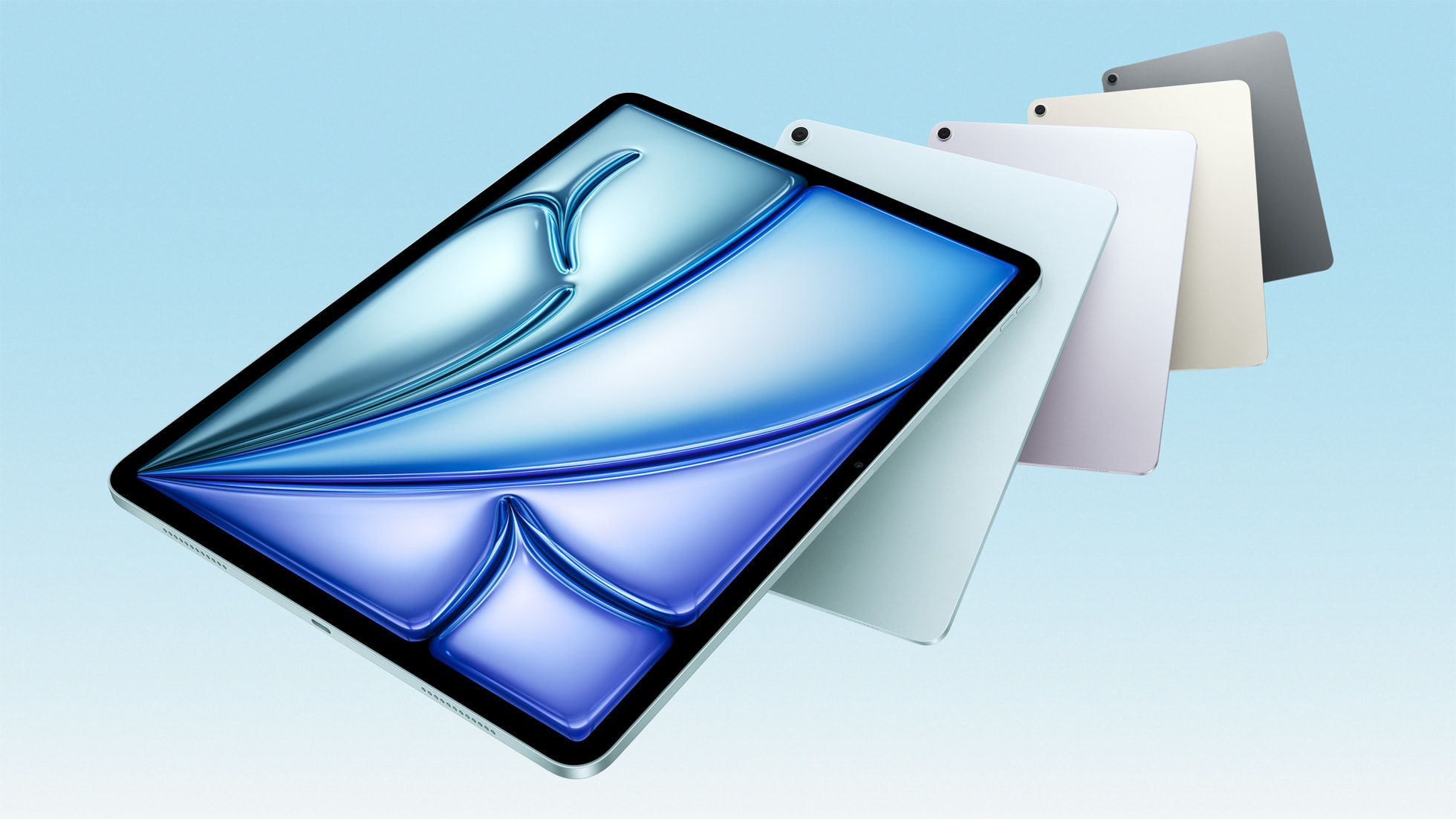Best messaging apps in 2021 — WhatsApp alternatives you need to try
The best messaging apps with an emphasis on privacy

After the popular smartphone app WhatsApp changed its terms and conditions, including updating its privacy policy on how the Facebook-owned app collects and uses data from chats, iPhone and Android phone users started searching for alternative messaging platforms.
Is it time for WhatsApp users to jump ship and climb aboard another messaging app? Hold your horses. Keep in mind that WhatsApp's new terms and conditions won't affect those living in the European Union or the U.K. due to the E.U.'s data protection rules. That, and there's a mass misconception about the changed terms.
- Best phone deals in 2021
- Best smartphones in 2021
- How to do 2FA right: Getting started with two-factor authentication
The updated terms on privacy don't allow WhatsApp or Facebook to log messages. It does show how businesses that use WhatsApp to contact or chat with customers can store logs of their chats on Facebook’s servers.
"We can't see your personal messages or hear your calls, neither can Facebook: Neither WhatsApp nor Facebook can read your messages or hear your calls with your friends, family, and co-workers on WhatsApp. Whatever you share, it stays between you," WhatsApp's FAQ page states.
Regardless, there are still plenty of other reasons to join another chat app for added security, like self-destructing messages and complete anonymity. What's more, these apps work on virtually every platform, including iOS, Android, Windows, Mac, Linux, and browsers.
It's worth noting that Android Messages now supports end-to-end encryption, but you'll need to turn it on.
Below, you'll find the best messaging apps that make great WhatsApp alternatives.
The best messaging apps right now
1. Signal
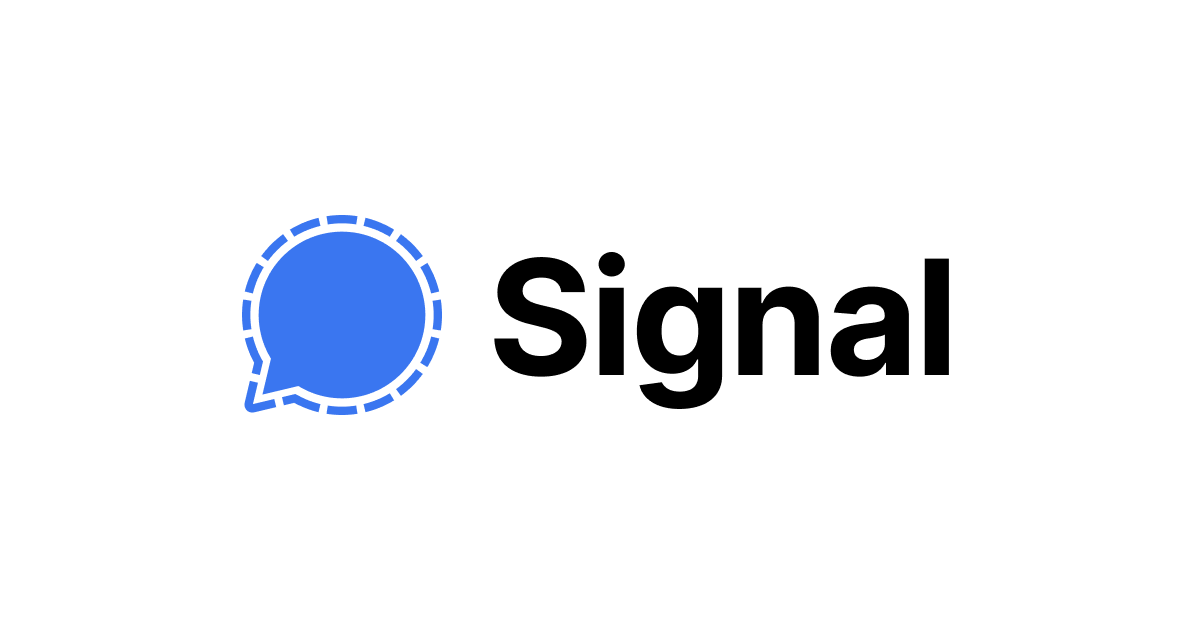
Signal is without a doubt the next step up from WhatsApp. How so? Well, both messaging apps use the same end-to-end encryption service so only the reader and recipient can read the contents of the message. However, Signal is completely open-sourced, meaning security researchers can easily build upon its privacy, and unlike WhatsApp, it doesn't support any cloud back up. It's annoying for those who switch phones on the fly, but brilliant for those looking for better privacy options.
Signal's messaging app has progressed tenfold since it first officially arrived in 2017, offering up timed self-destructing messages, the ability to block screenshots, further encryption to backups, calls, group calls, and all other in-app data. All you need is a phone number to sign up.
Since the surge of downloads because of Elon Musk's tweet stating "Use Signal," the app has gone a bit more mainstream, with chat wallpapers, animated stickers and an 'About' page.
Signal is available on iOS, Android, Windows, Mac and Linux.
2. Telegram

The mainstream WhatsApp contender. Telegram packs a lot of features compared to any messenger apps, and we mean a ton. You can organize a series of chats in folders, edit messages already sent, send silent messages, self-destruct sent media or messages, and form groups of up to 200,000 people — the works. There's even an option to play games with friends or family in the app.
While it offers plenty of features WhatsApp can't contend with, one drawback is its end-to-end encryption service isn't available by default. Users will have to use the 'secret chat' option to do that, which is a tad annoying seeing as it isn't automatically supplied. But, if you're up for a chat app that offers up a load of features, including being used simultaneously across multiple devices, Telegram is a great choice.
Telegram is available on iOS, Android, Windows, Mac, Linux and browsers.
3. Viber
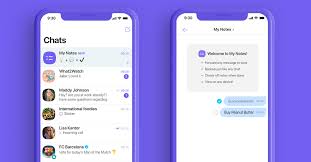
A messenger app that lets users securely prevent anyone from looking at a chat by locking it with a PIN? Viber is certainly one of the top dogs in terms of privacy security.
Viber is a straightforward messaging app that puts an emphasis on privacy features. This includes end-to-end encryption, the ability to hide from other contacts on their list, along with a secret chat that deletes messages within a certain time, which can't be copied or screenshot.
That's not all though, as Viber also offers the option not only to make new groups, but also new communities and even broadcasts — a perk for those with a particular interest. There's also a Viber Out feature, which lets users make cheap(er) calls internationally to any mobile or landline number, which definitely beats roaming rates.
Viber is available on iOS, Android, Windows, Mac and Linux.
Threema
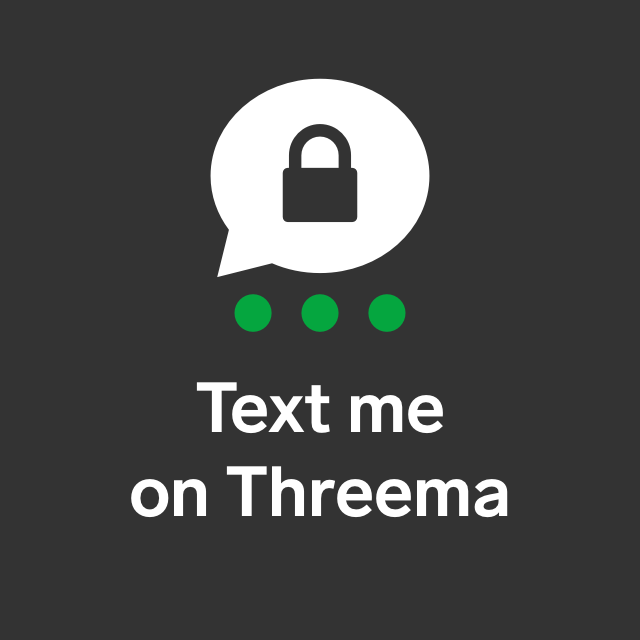
Threema uses end-to-end encryption on all data used within the app; it is open source for any vulnerability updates and makes sure to collect no user data. Phone numbers or emails don't have to be linked, users can be completely anonymous, and users can have peace of mind knowing that their servers are in Switzerland — one of the strictest countries when it comes to privacy.
How come more people don't download it already? Mainly because it's a paid service ($2.99), although it's a "pay once, chat forever" sort of deal. Apart from that, Threema is a clear winner.
There's fingerprint/password-protected chats, a poll feature for group chats, a desktop web client, along with video calls, file sharing, groups, lists and plenty more. If you're willing to dish out just over a couple of bucks, you can't go wrong with Threema.
Threema is available on iOS, Android and browsers.
Discord
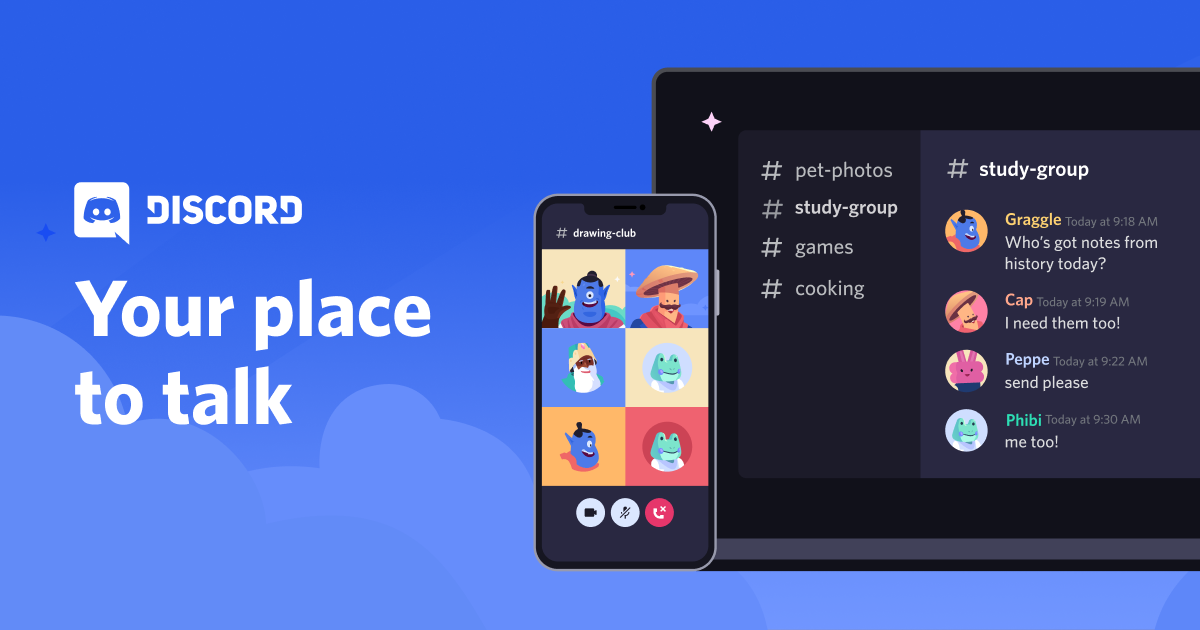
The one mainly used for gaming? Indeed, and it's actually packed with privacy since users don't need to share a phone number or a real name. Anonymity at its best.
Since it's a server-based messaging app, you can create your very own server for a business or group of friends. You can also invite whoever you want and create your own community concerning your topic of choice.
There's also private messaging for more security, which works for group chats, group calls, and media sharing. Even better, it auto-encrypts chats, DDoS protection and will even auto-switch to a new server to save data just in case a server fails. Discord has definitely become more than just a chat for gamers.
Discord is available on iOS, Android, Windows, Mac, and Linux.
Stay in the know with Laptop Mag
Get our in-depth reviews, helpful tips, great deals, and the biggest news stories delivered to your inbox.

Darragh Murphy is fascinated by all things bizarre, which usually leads to assorted coverage varying from washing machines designed for AirPods to the mischievous world of cyberattacks. Whether it's connecting Scar from The Lion King to two-factor authentication or turning his love for gadgets into a fabricated rap battle from 8 Mile, he believes there’s always a quirky spin to be made. With a Master’s degree in Magazine Journalism from The University of Sheffield, along with short stints at Kerrang! and Exposed Magazine, Darragh started his career writing about the tech industry at Time Out Dubai and ShortList Dubai, covering everything from the latest iPhone models and Huawei laptops to massive Esports events in the Middle East. Now, he can be found proudly diving into gaming, gadgets, and letting readers know the joys of docking stations for Laptop Mag.
